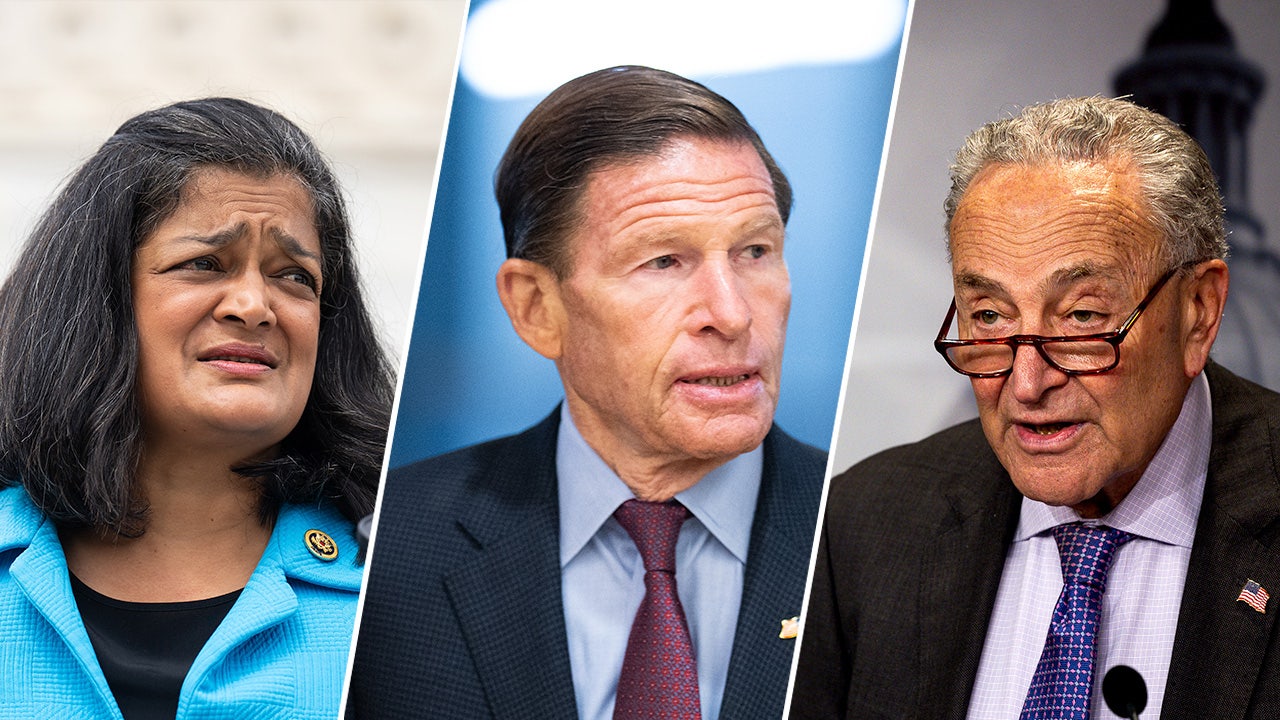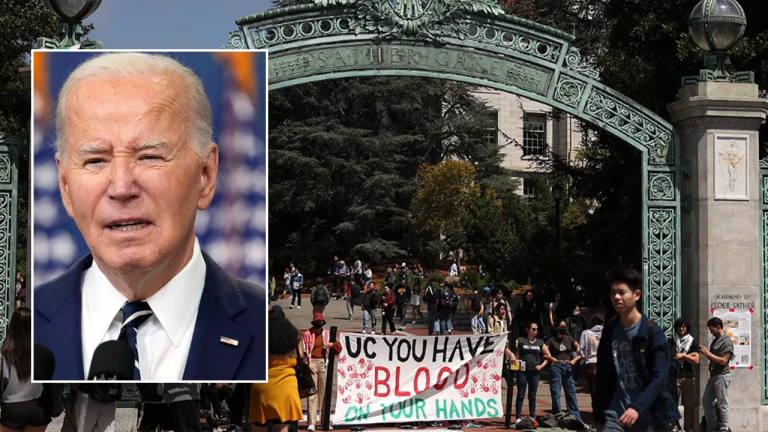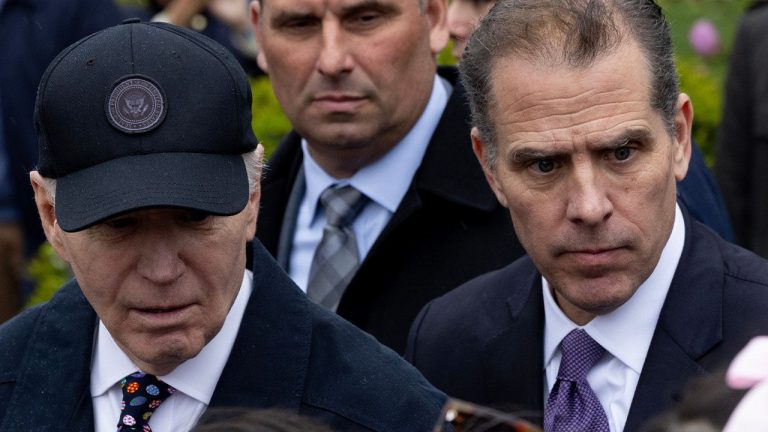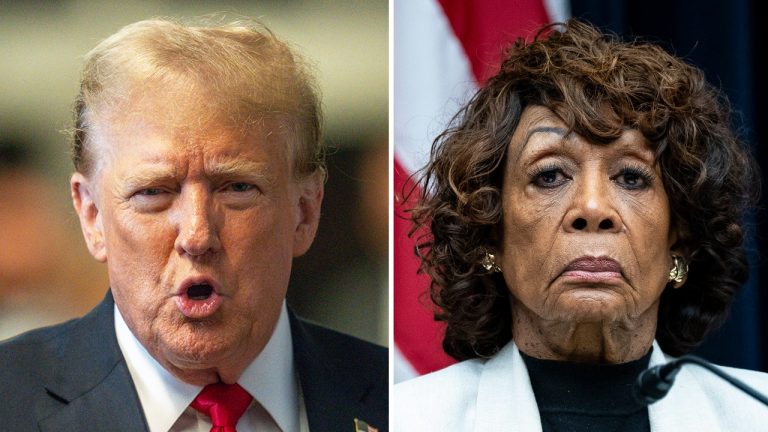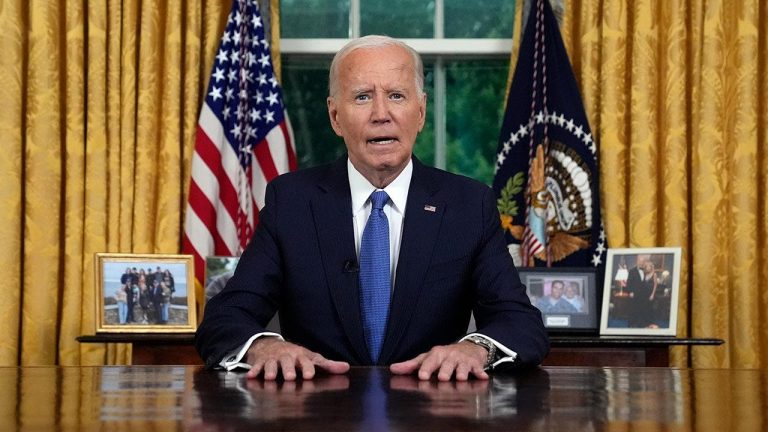Congressional Democrats criticize Supreme Court ruling on Trump immunity
The recent Supreme Court decision on presidential immunity has sent shockwaves through the Democratic Party, with lawmakers expressing their dismay and concern over what they view as a dangerous precedent being set. The ruling, which grants former presidents significant immunity from prosecution for their official acts while in office, has been met with strong opposition from prominent Democratic figures such as Senate Majority Leader Chuck Schumer and Rep. Alexandria Ocasio-Cortez.
Senator Schumer denounced the decision, stating that it undermines the very foundation of the judicial system, which is based on the principle that no one is above the law. He expressed his disappointment, particularly in light of recent events, such as the insurrection at the Capitol, where holding officials accountable for their actions is of utmost importance.
Representative Ocasio-Cortez took a more aggressive stance, announcing her intention to introduce articles of impeachment in response to the ruling. She characterized the Supreme Court as being mired in corruption and called on Congress to defend the nation from what she sees as an assault on American democracy.
The ruling, which Chief Justice John Roberts penned in a 6-3 vote, drew criticism from other Democratic lawmakers, including Rep. Pramila Jayapal and Sen. Richard Blumenthal. They decried the decision as a threat to accountability and a potential weakening of democratic norms.
The dissenting voices in Congress were joined by advocacy groups and legal experts who warned against the long-term implications of the ruling. Concerns were raised about the potential for abuse of power by future presidents if they are shielded from legal consequences for their actions while in office.
House Minority Leader Hakeem Jeffries vowed to hold the Supreme Court accountable through aggressive oversight and legislative measures. He emphasized the need to ensure that the court’s conservative majority adheres to the Constitution and refrains from advancing an extreme, far-right agenda.
Despite the backlash from Democrats, the ruling stands as a significant legal precedent that could have far-reaching consequences for future presidential administrations. It remains to be seen how the decision will impact the balance of power between the executive, legislative, and judicial branches of government in the years to come.
In the wake of this ruling, the debate over presidential immunity and the limits of executive power is likely to continue, with lawmakers and legal experts engaging in a robust discussion about the implications for the functioning of American democracy. The Supreme Court’s role as an arbiter of constitutional principles and a check on executive authority will undoubtedly be scrutinized in the coming months and years.


